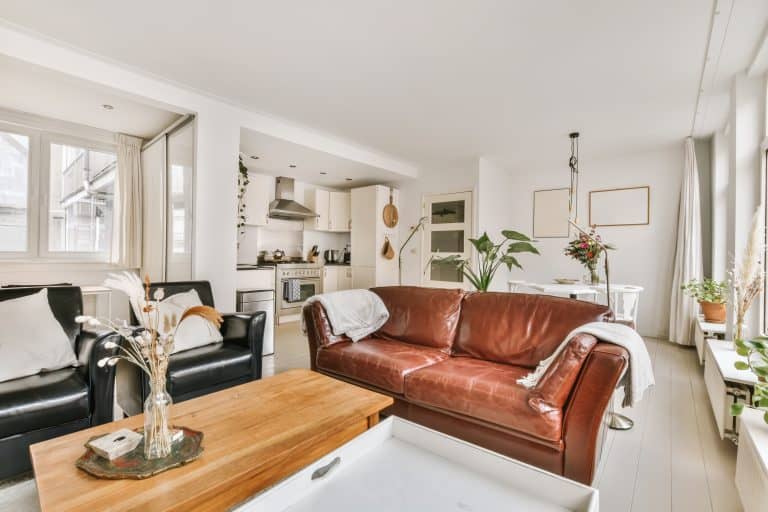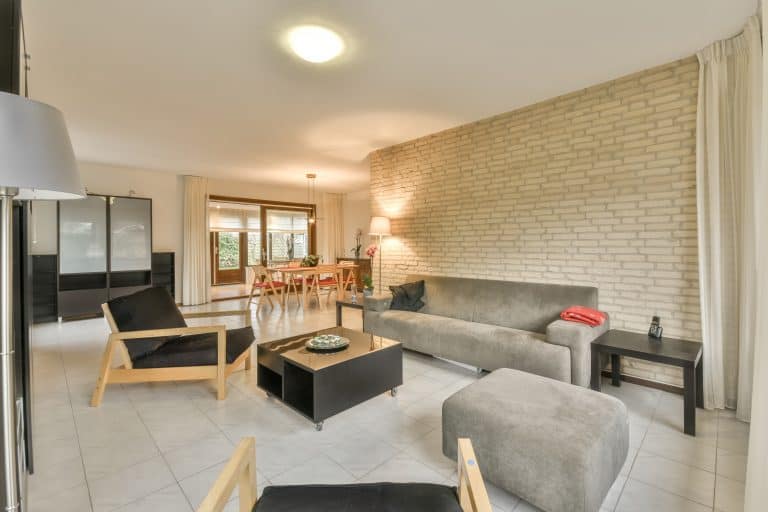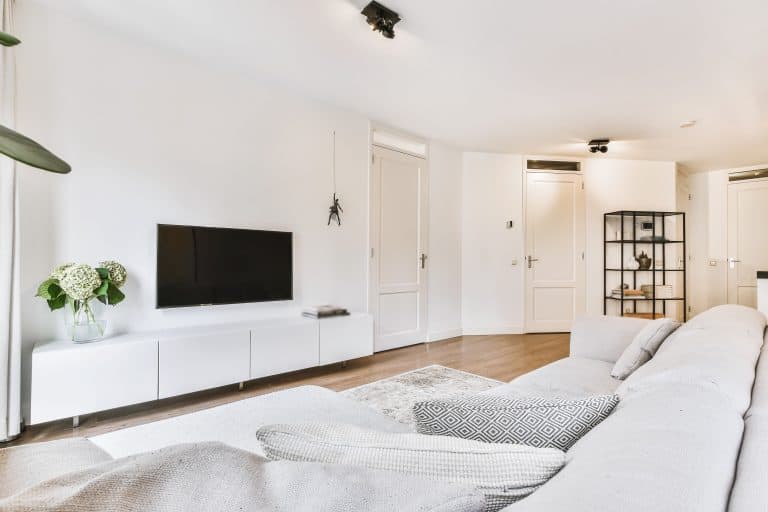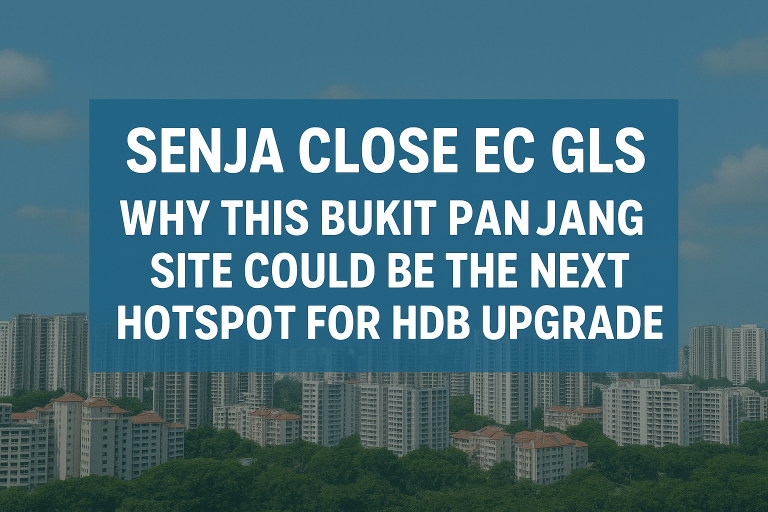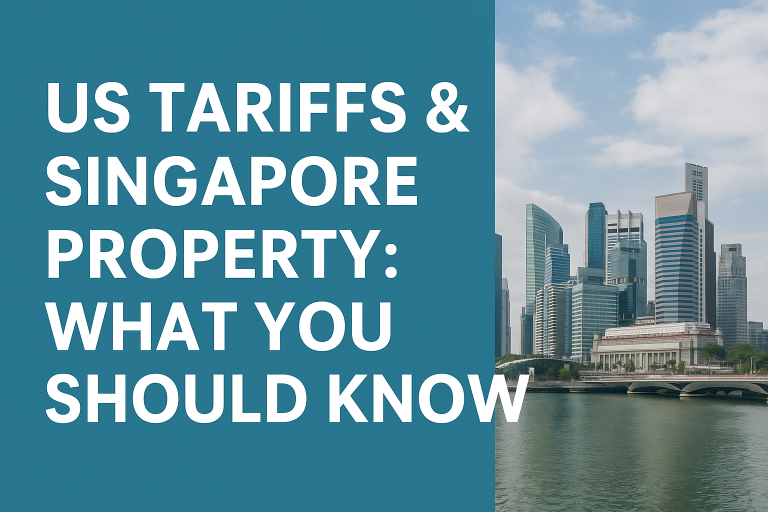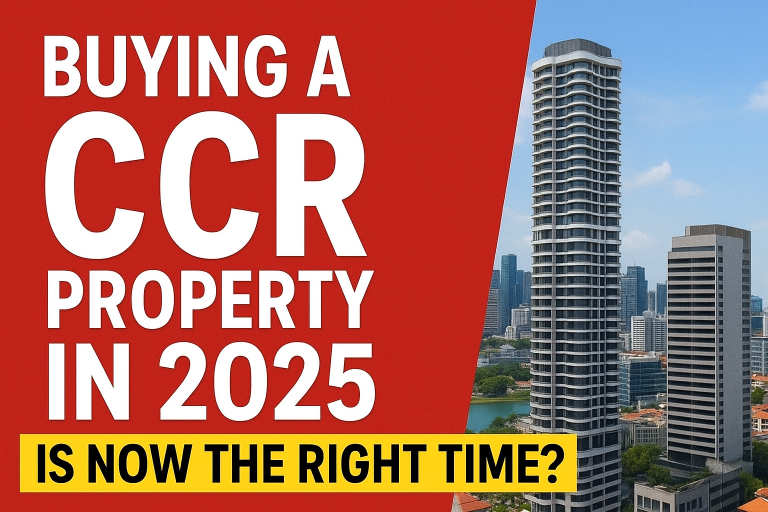Renovation Nightmares: 4 Pro Tips to Keep Them at Bay and Your Worries Away
We’ve all seen them while flicking through the pages of home décor magazines, or when scrolling interior design websites: beautifully-designed homes showcasing the skill and workmanship of the renovation professionals who brought them to life.
But behind every dream abode achieved, there lies the potential for a renovation nightmare – one that’s plagued by miscommunication, frustration, and many a sleepless night. Thankfully, these issues – and much more – can be avoided. All it takes is keeping these renovation tips (and cautionary tales) shared by Qanvast at the top of your mind before your home makeover:

1. Check out the reviews for your shortlisted renovation firms
As with most personal projects, doing your own homework is essential before embarking on a renovation. And one must-do is to take a look at reviews online. Sure, a firm’s portfolio might be front and centre of their advertising, but independent reviews from clients are the real deal. They tell the story of what homeowners have actually gone through – almost like receiving a free audit without actually dipping in your own toes.
What’s more, you won’t have to dig deep to find reviews of your shortlisted renovation firms. Head over to Facebook, Google Reviews, or renovation portals to see what past customers have to say about their experiences, and you’ll have kickstarted your own renovation journey on the right foot.
A true, anonymised tale of a home renovation gone wrong:
One homeowner shared that they had engaged a renovation firm after being drawn to their portfolio, and they were assigned to Ryan (not his real name), who was a designer. At first, the process seemed smooth. However, once work began, Ryan requested that a portion of the renovation cost be transferred via PayNow directly into his personal account.
Finding this suspicious, the homeowner reached out to the firm’s management for clarification. Despite this, Ryan continued to pressure them, insisting that he would pay the company on their behalf if they transferred the funds to him. When the homeowner voiced their discomfort, Ryan produced a receipt, which later turned out to be fake. Unfortunately, the homeowner fell for the scheme and made the payment.
According to the homeowner, the company’s management was not particularly helpful either. They discouraged filing a police report, saying the matter would be settled internally. Although the issue was eventually resolved, the process was drawn out and highly stressful. In hindsight, the homeowner also admitted that they should have paid attention to the firms’ many negative reviews online.

2. Opt for a reliable interior designer (if you prefer a more hands-off renovation)
For many first-time homeowners, one common question that frequently pops up is whether to work with a contractor or an interior designer. While each comes with its own pros and cons, the final decision often boils down to this: would you prefer to play a more active, hands-on role in project management, or leave all of your renovation matters in the hands of an expert?
Hiring a contractor for your renovation is much like engaging a freelancer – you could get quality work for your money, but you’ll also need to take charge of the entire process from start to finish. That means getting hands-on with sourcing furniture and accessories, or even working out the right measurements for customised fixtures.
On the other hand, hiring a trustworthy interior designer may cost more, but they’ll take care of all the heavy lifting and nitty-gritty details necessary to bring your dream home to life. Or put differently, you won’t find yourself grappling with renovation technicalities or project timelines, while juggling work and family matters at the same time.
A true, anonymised tale of a home renovation gone wrong:
Choosing familiarity over formality, a couple decided to hire a contractor who was also a family friend instead of engaging an interior designer. But this choice proved to be a mistake.
The contractor frequently proposed cookie-cutter designs, to the point where the couple had to come up with ideas on their own. They also found themselves having to provide very detailed instructions. For instance, the contractor installed bathroom doors without locks, which the couple felt should have been common sense. Moreover, they had to source for the locks themselves.
Finally, because the contractor was a family friend, the couple found it difficult to be completely honest about their dissatisfaction, as they did not want to strain the friendship.
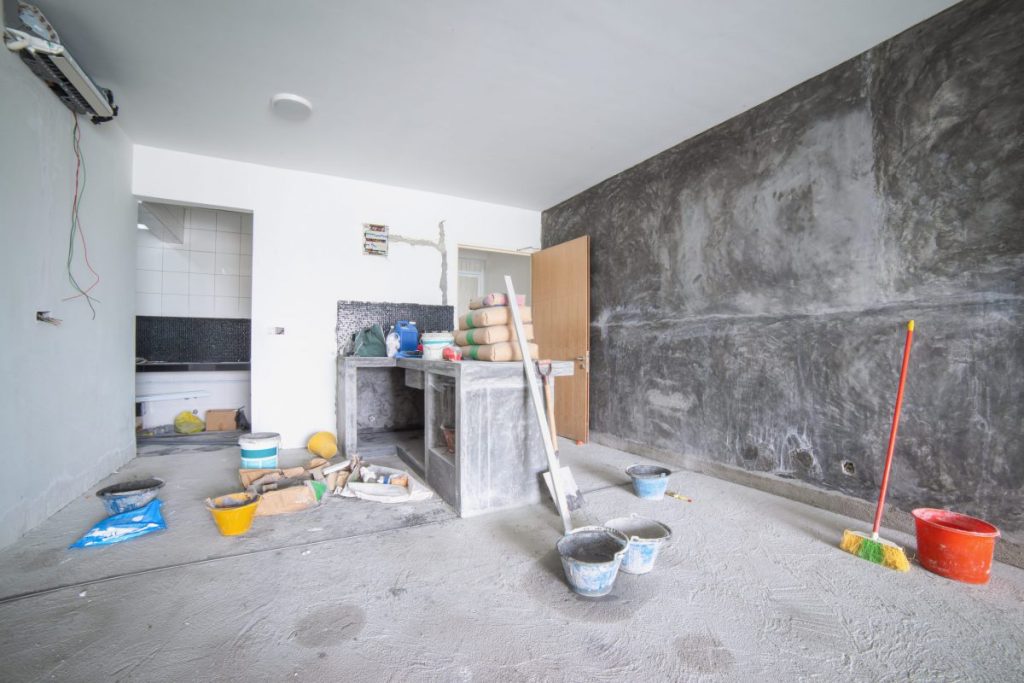
3. Be wary of promises that are too good to be true
As the age-old adage goes: “If it’s too good to be true, it usually is”. More often than not, the (sometimes false) promise of a good discount or a shorter timeline might sound great on paper, but in reality, home renovations aren’t entirely straightforward – and that’s even with the most thorough preparations made beforehand.
Unforeseen delays, material shortages, or on-site complications can sometimes occur, and they’ll throw a wrench into even the most well-laid plans. Hence, even with careful planning, it’s always wise to buffer in some additional time and money. And even more importantly, make sure to manage your expectations and not fall for sugar-coated claims.
A true, anonymised tale of a home renovation gone wrong:
Faced with a choice between two interior designers, a couple opted for the one that promised a quicker turnaround. He had assured them that the renovation could be completed in December 2024, just one month after their key collection date. Though the couple initially found the timeline questionable, they still decided to proceed.
Eventually, problems arose with the designer, who cited sudden weddings or sick family members as reasons for missed appointments. On one occasion, the couple was scheduled to view fittings in Johor, but was cancelled on at the last minute.
Workmanship was also subpar, and the renovation ultimately stretched over a period of three months. Thankfully, living temporarily at a relative’s place allowed the couple to accommodate the delays without major disruption to their plans.
Still, they regret their decision and would not recommend their designer in the slightest.

4. The right designer for one homeowner might not be the right one for you
Beyond careful planning and budgeting, what lies at the heart of any successful renovation project is chemistry. Finding the right interior designer isn’t just about their awards or portfolios, it’s also about whether their aesthetic sense aligns with yours. Equally important is whether their working and communication style supports a healthy client-designer relationship.
For instance, a designer who excels in masculine industrial-style interiors may struggle to capture the essence of your desired Hello Kitty-themed home. Likewise, a designer who is extremely meticulous and provides constant updates might feel overwhelming to a homeowner who prefers a more hands-off approach to their renovation.
So rather than going by word of mouth or simply trusting referrals from friends and family, why not take the time to get to know your shortlisted interior designers? That way, you can ensure the people overseeing your renovation are partners in building your dream home – rather than the cause of an unwanted nightmare.
A true, anonymised tale of a home renovation gone wrong:
After researching and consulting a few interior designers, a couple decided to work with the same designer whom their family had worked with previously.
However, they encountered numerous issues, with the most annoying being the lack of site management. The designer rarely provided timely updates unless prompted, did not accompany them to purchase fixtures, and failed to offer recommendations suited to the theme they wanted.
The couple found this baffling, given the great experience reported by their family member. They noted that while many homeowners online describe having good chemistry with their designers, they did not experience the same with theirs.
Blogs
We think that these articles might be of interest to you or perhaps you might be interested with our latest Singapore Upcoming New Launches list?








